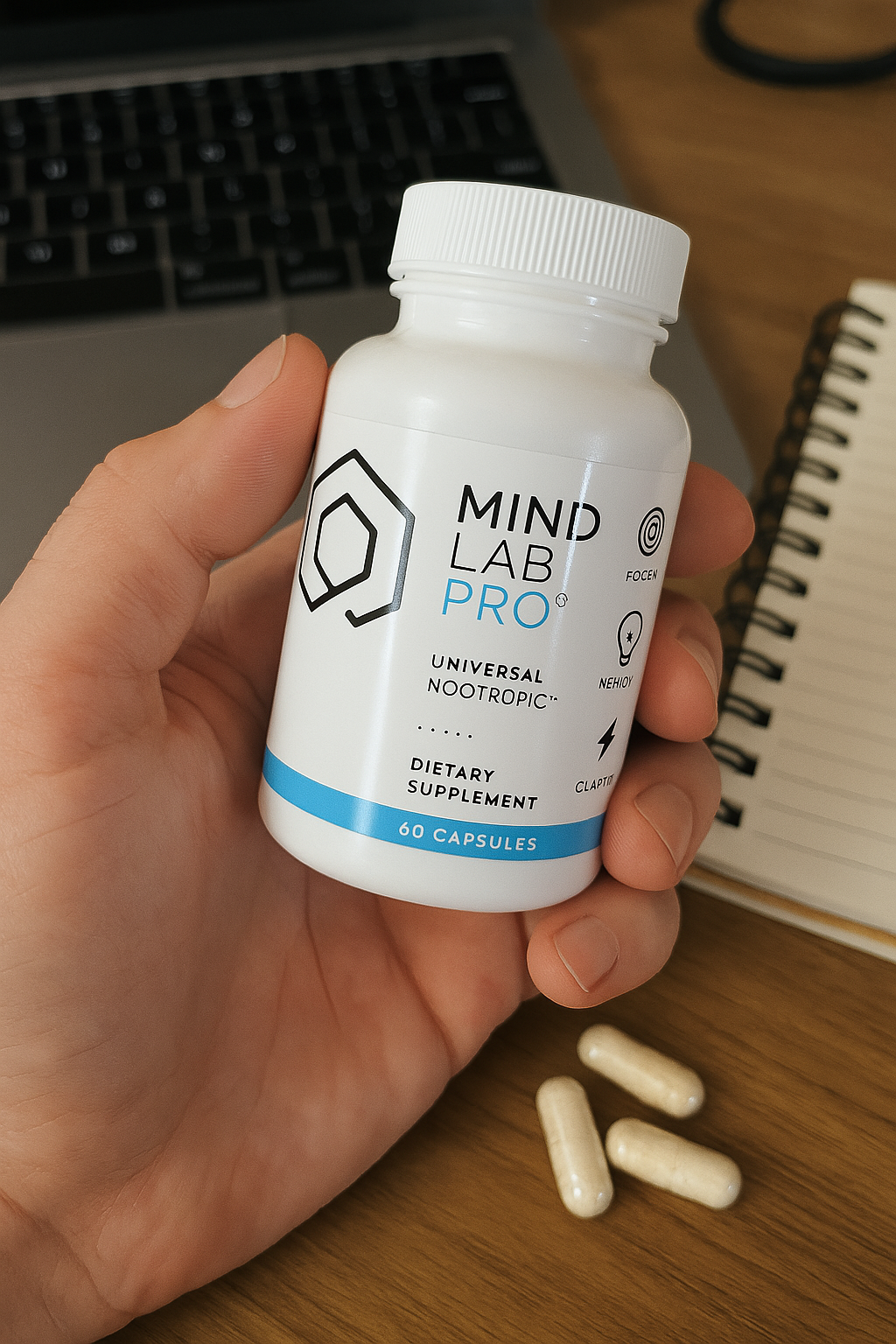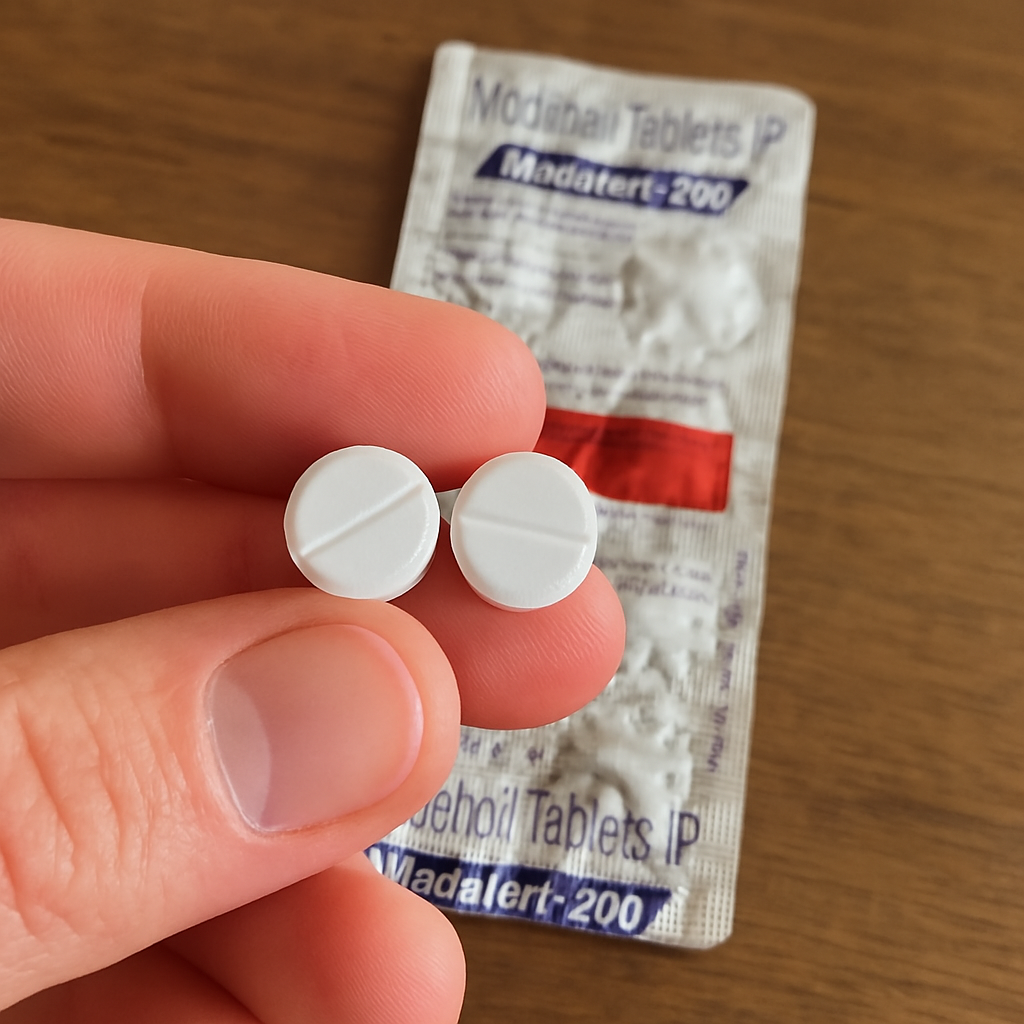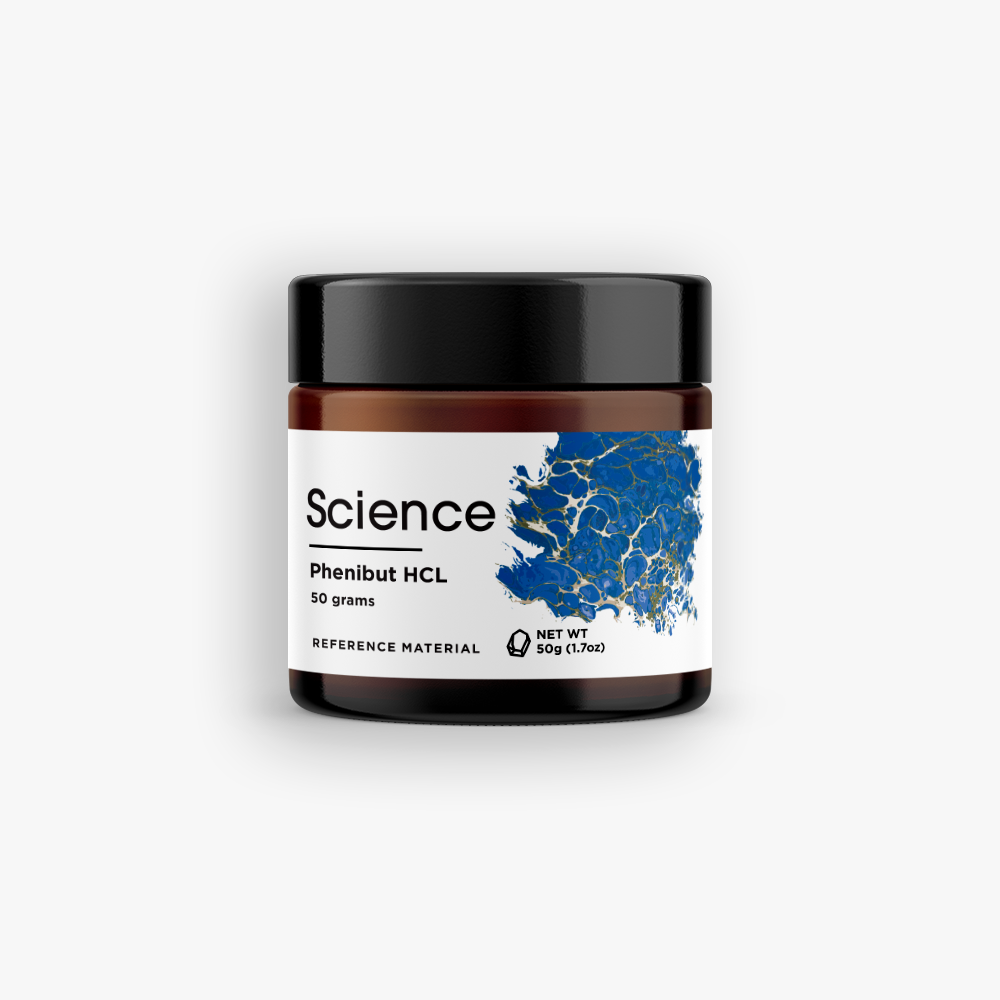Caffeine, the world's most consumed psychoactive compound, acts as a potent stimulant. Its effects depend heavily on brain chemistry, dosage, timing, and genetics. Used correctly, caffeine enhances cognitive function, mood, and physical output. Misuse disrupts sleep, increases anxiety, and can lead to dependence. This guide details the science-backed methods for maximizing caffeine's benefits while minimizing its risks.
Caffeine's Mechanism of Action
Caffeine primarily functions as an adenosine receptor antagonist. Adenosine, a neuromodulator accumulating during wakefulness, induces drowsiness. Caffeine's molecular structure allows it to block adenosine receptors without activating them, preventing adenosine's inhibitory effects and increasing neuronal activity, leading to alertness. This antagonism also modulates dopamine pathways, contributing to improved motivation and mood[3].
Moderate doses increase dopamine levels, particularly in the prefrontal cortex, enhance norepinephrine activity, and influence hippocampal acetylcholine release, impacting focus and memory. Significant antagonism of GABA receptors or inhibition of phosphodiesterase enzymes typically occurs only at high, non-dietary doses[1].
Cognitive Effects: Research Findings
Alertness, Reaction Time, and Attention
Extensive research confirms caffeine improves alertness, reaction time, and vigilance. A review by McLellan et al. showed that doses as low as 40-60 mg reliably decrease reaction times and enhance accuracy on attention tasks, effective even in sleep-deprived individuals[2]. Strategic caffeine use in attention-critical professions reduces errors.
Learning and Memory: Dose Dependency
Caffeine's impact on memory is dose-dependent. Low-to-moderate doses (100-200 mg) enhance working memory and facilitate passive learning. Higher doses (>300 mg) can impair memory accuracy due to overstimulation. Systematic reviews indicate long-term memory remains largely unaffected; benefits primarily relate to short-term task performance, especially under low arousal conditions. Nehlig et al. noted caffeine aids passive information acquisition more than active memorization[1].
Executive Function and Task-Switching
Caffeine can improve higher-order cognitive functions. A 2014 review by Camfield et al. found caffeine, particularly combined with L-theanine, enhances cognitive flexibility and multi-tasking[4]. This combination aids tasks requiring attention switching, planning, and impulse control by tempering jitteriness while maintaining focus. Individual responses vary; anxiety-prone individuals might experience impaired performance due to over-arousal.
Physical Performance Enhancement
Caffeine is a well-established ergogenic aid. Research consistently shows it:
- Improves endurance by delaying fatigue via enhanced fatty acid mobilization and CNS stimulation.
- Increases power output and sprint performance (optimal around 3-6 mg/kg body weight).
- Reduces perceived exertion during exercise.
Meta-analyses confirm caffeine reduces time-to-completion in endurance activities and boosts maximal power for both athletes and recreational users. Standard doses (~200 mg) provide significant performance benefits well below risky levels[2].
Optimal Usage: Dose, Timing, Genetics
Safe Consumption Limits
Health authorities generally recommend up to 400mg daily for healthy adults (~4 cups of coffee). Lower limits apply to pregnant women (200-300mg) and adolescents/children (2.5mg/kg body weight). These guidelines consider cardiovascular safety, anxiety, and sleep disruption[6], [7].
Timing and Half-Life Considerations
Caffeine peaks in the blood 30-60 minutes post-ingestion. Its half-life is typically 3-7 hours but varies significantly due to factors like genetics, oral contraceptives, or pregnancy. Consuming caffeine after 2 PM often disrupts sleep for average metabolizers. Limiting intake to morning hours is advisable to prevent insomnia.
Genetic Influence on Caffeine Response
Genetic variations significantly alter caffeine metabolism and effects. The CYP1A2 gene dictates caffeine breakdown speed; "fast metabolizers" clear it up to four times faster than "slow metabolizers." Variants in the ADORA2A gene influence sensitivity to caffeine's anxiogenic effects. These genetic differences explain individual variations in tolerance and side effects, necessitating personalized dosing strategies[5].
Managing Risks and Side Effects
Common Adverse Effects
Typical side effects include anxiety, jitteriness, increased blood pressure, gastrointestinal issues, and disrupted sleep. These are more pronounced at higher doses (>400mg) or in slow metabolizers. Individuals with anxiety disorders may experience heightened symptoms or panic attacks. Regular use leads to physiological tolerance (adenosine receptor upregulation) and mild physical dependence. Abrupt cessation causes withdrawal symptoms like headaches, fatigue, and irritability within 24 hours.
Mitigation Strategies
To minimize side effects while retaining benefits:
- Implement regular caffeine breaks (e.g., 2 days/week) or cycle usage to reset tolerance.
- Combine caffeine with L-theanine (e.g., 2:1 ratio L-theanine to caffeine) to reduce anxiety and enhance focus[4].
- Avoid caffeine on an empty stomach.
- Stay hydrated.
- Use lower doses or opt for tea if sensitive or prone to anxiety.

Mind Lab Pro
- Complete 11-in-1 formula
- Non-stimulant formula
- Premium price

Modafinil
- Powerful focus
- 12+ hours duration
- Rx required in US

Science.bio
- Third-party tested
- Many compounds
- Research only
Conclusion: Optimize, Don't Maximize
Caffeine is a powerful neurochemical tool. Effective use requires individualization based on goals, genetics, and tolerance. Focus on finding your optimal dose, timing, and potential adjuncts rather than simply increasing intake. Respecting biofeedback, incorporating breaks, prioritizing sleep, and maintaining a healthy diet are crucial for leveraging caffeine safely and sustainably for cognitive and physical enhancement.
References
- Nehlig, A., Daval, J.L., & Debry, G. "Caffeine and the central nervous system: mechanisms of action, biochemical, metabolic and psychostimulant effects." Brain Research Reviews 17.2 (1992): 139-170. https://doi.org/10.1016/0165-0173(92)90012-B
- McLellan, T.M., Caldwell, J.A., & Lieberman, H.R. "A review of caffeine's effects on cognitive, physical and occupational performance." Neuroscience & Biobehavioral Reviews 71 (2016): 294-312. https://doi.org/10.1016/j.neubiorev.2016.09.001
- Ferré, S. "An update on the mechanisms of the psychostimulant effects of caffeine." Journal of Neurochemistry 105.4 (2008): 1067-1079. https://doi.org/10.1111/j.1471-4159.2007.05196.x
- Camfield, D.A., Stough, C., Farrimond, J., Scholey, A.B. "Acute effects of tea constituents L-theanine, caffeine, and epigallocatechin gallate on cognitive function and mood: a systematic review and meta-analysis." Nutrition Reviews 72.8 (2014): 507-522. https://doi.org/10.1111/nure.12120
- Cornelis, M.C., et al. "Genome-wide meta-analysis identifies regions on 7p21 (AHR) and 15q24 (CYP1A2) as determinants of habitual caffeine consumption." PLOS Genetics 7.4 (2011): e1002033. https://doi.org/10.1371/journal.pgen.1002033
- Health Canada. "Caffeine in Food." Government of Canada, 2012. https://www.canada.ca/en/health-canada/services/food-nutrition/food-safety/food-additives/caffeine-foods/foods.html
- European Food Safety Authority (EFSA). "Scientific Opinion on the safety of caffeine." EFSA Journal 13.5 (2015): 4102. https://efsa.onlinelibrary.wiley.com/doi/10.2903/j.efsa.2015.4102

Jen Masson
Brain Nutrition Specialist with expertise in nootropics, ketogenic diets, cognitive and metabolic optimization.